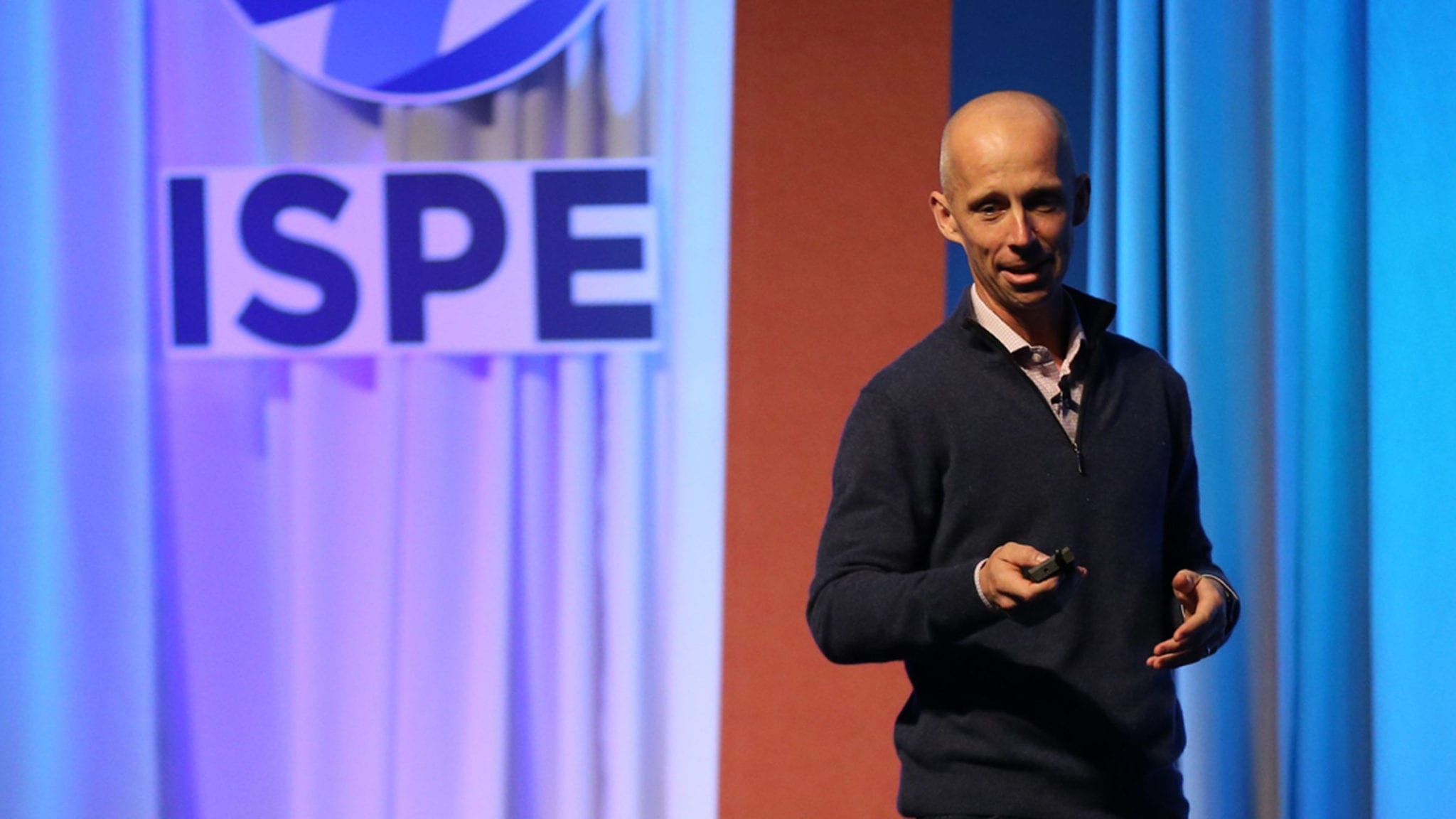
EU stamps historic OK on bluebird’s gene therapy for β-thalassemia — now sit back and wait for the price
It’s official: bluebird bio has scored its first drug approval with an EU marketing authorization for its gene therapy for transfusion-dependent β-thalassemia.
Zynteglo is the …
Sign up to read this article for free.
Get free access to a limited number of articles, plus choose newsletters to get straight to your inbox.